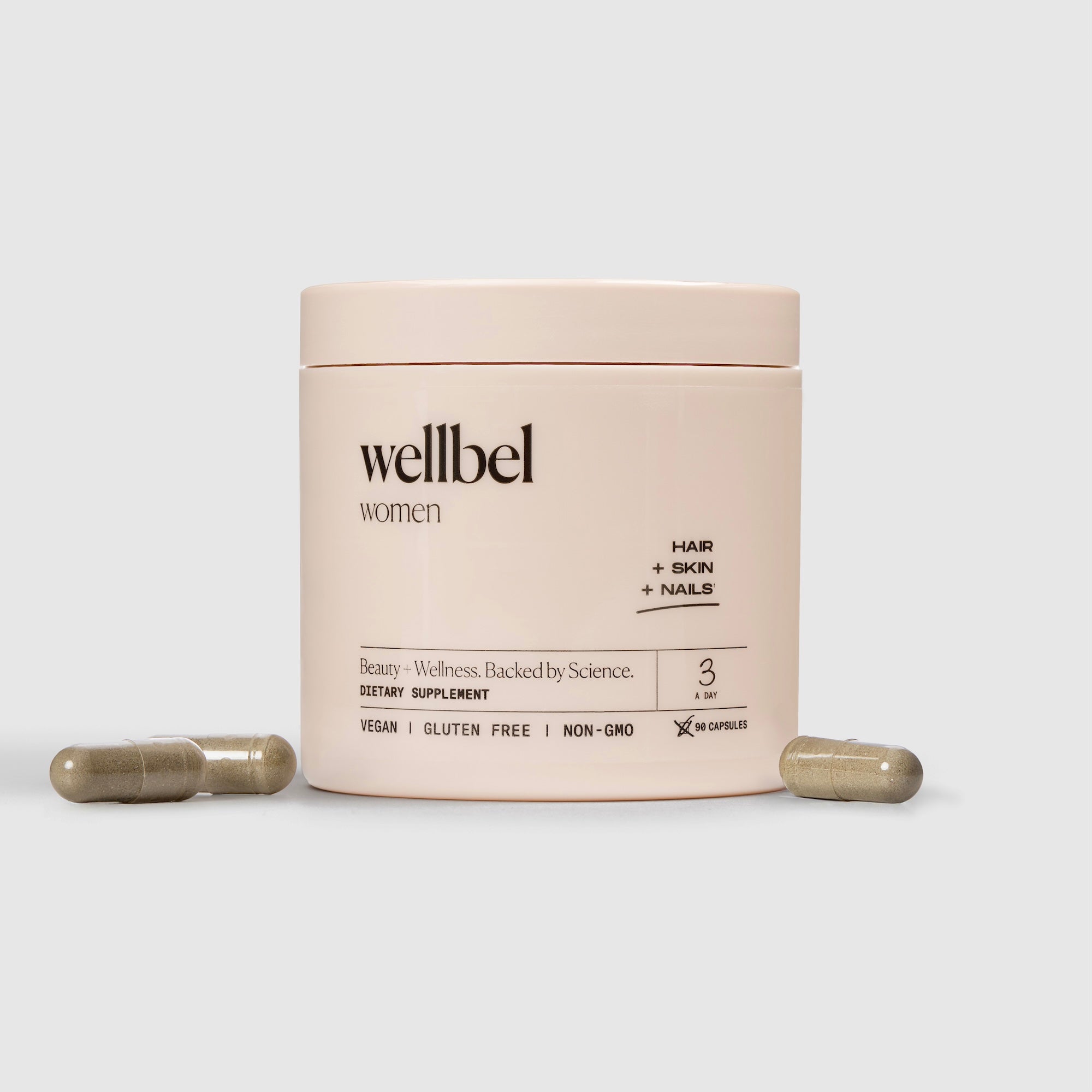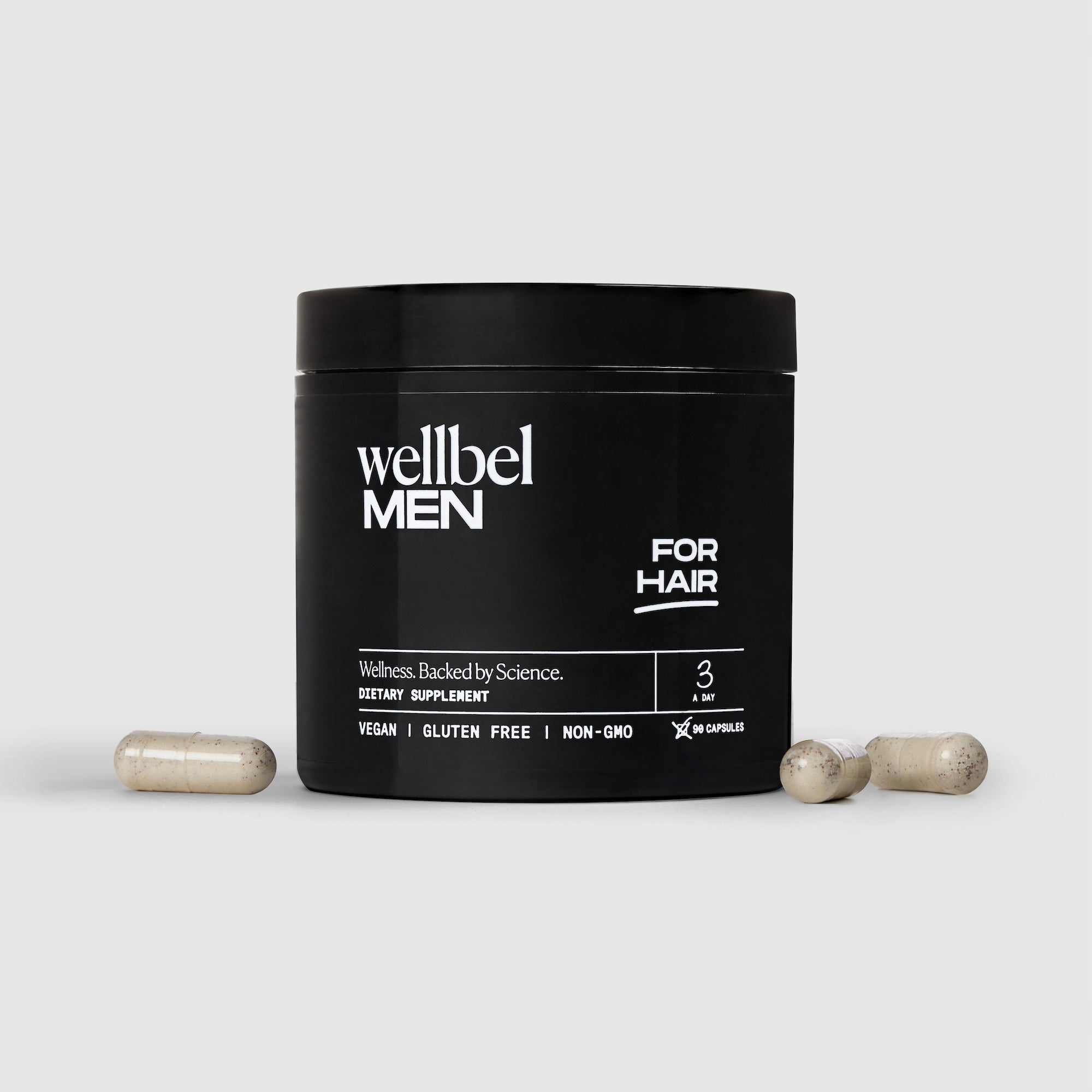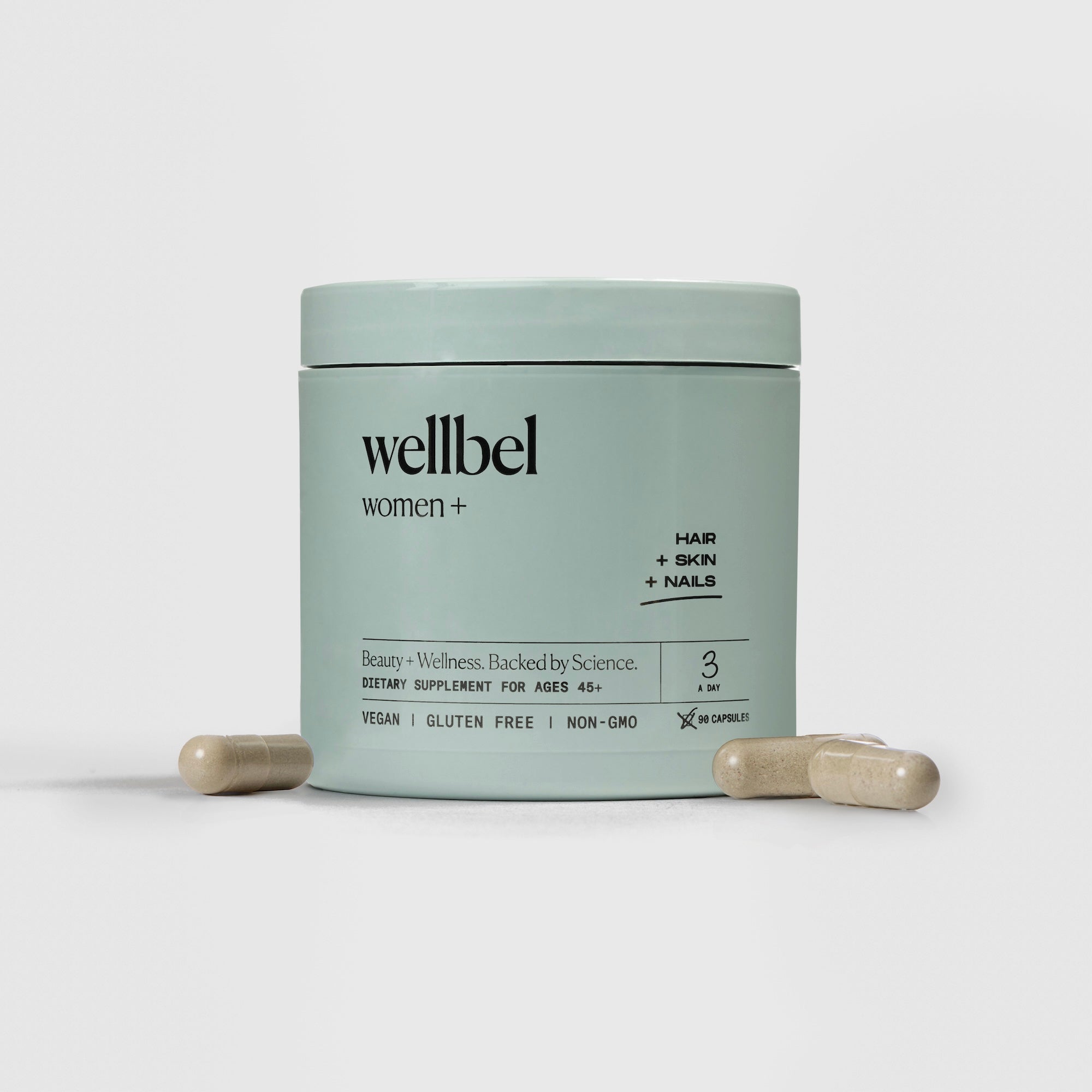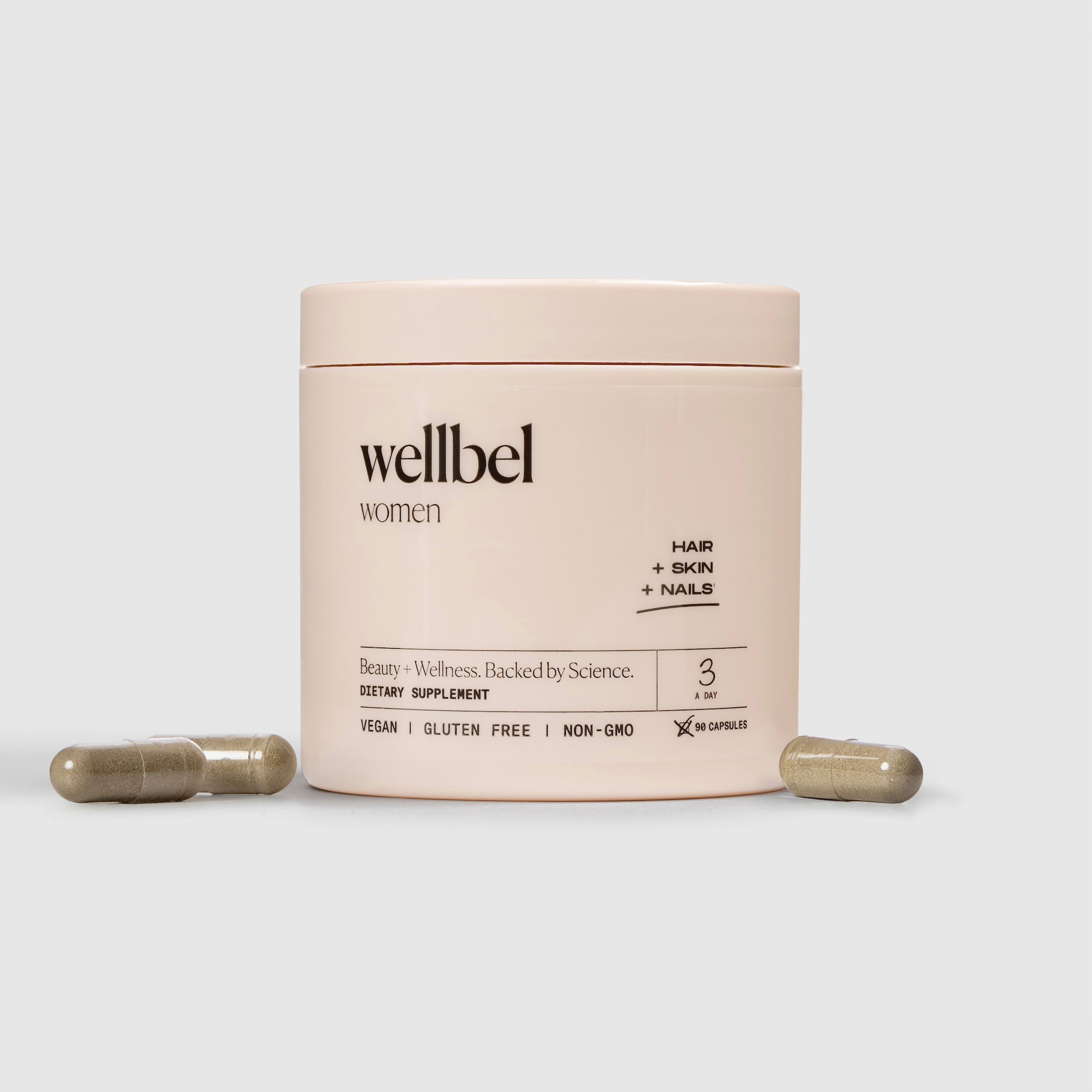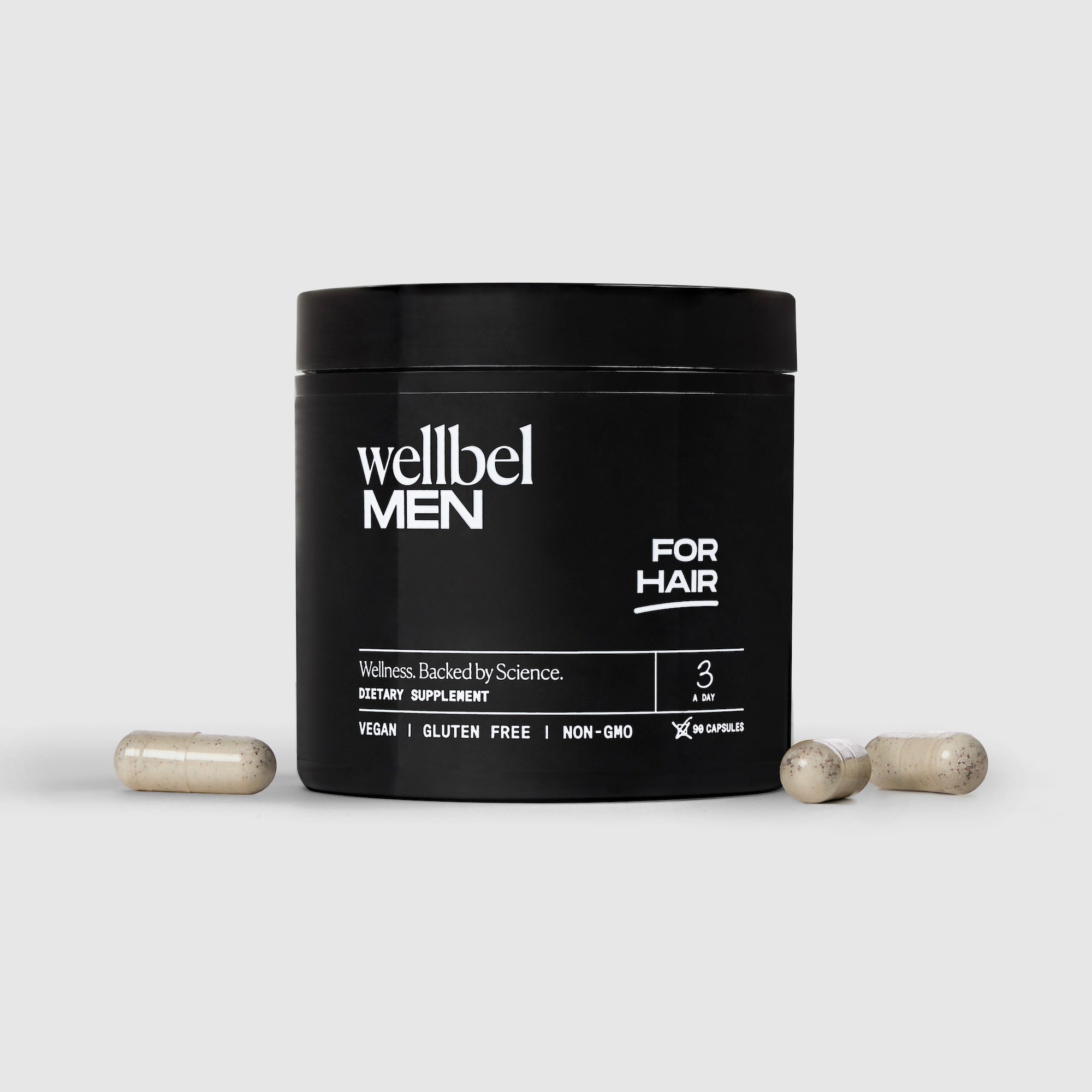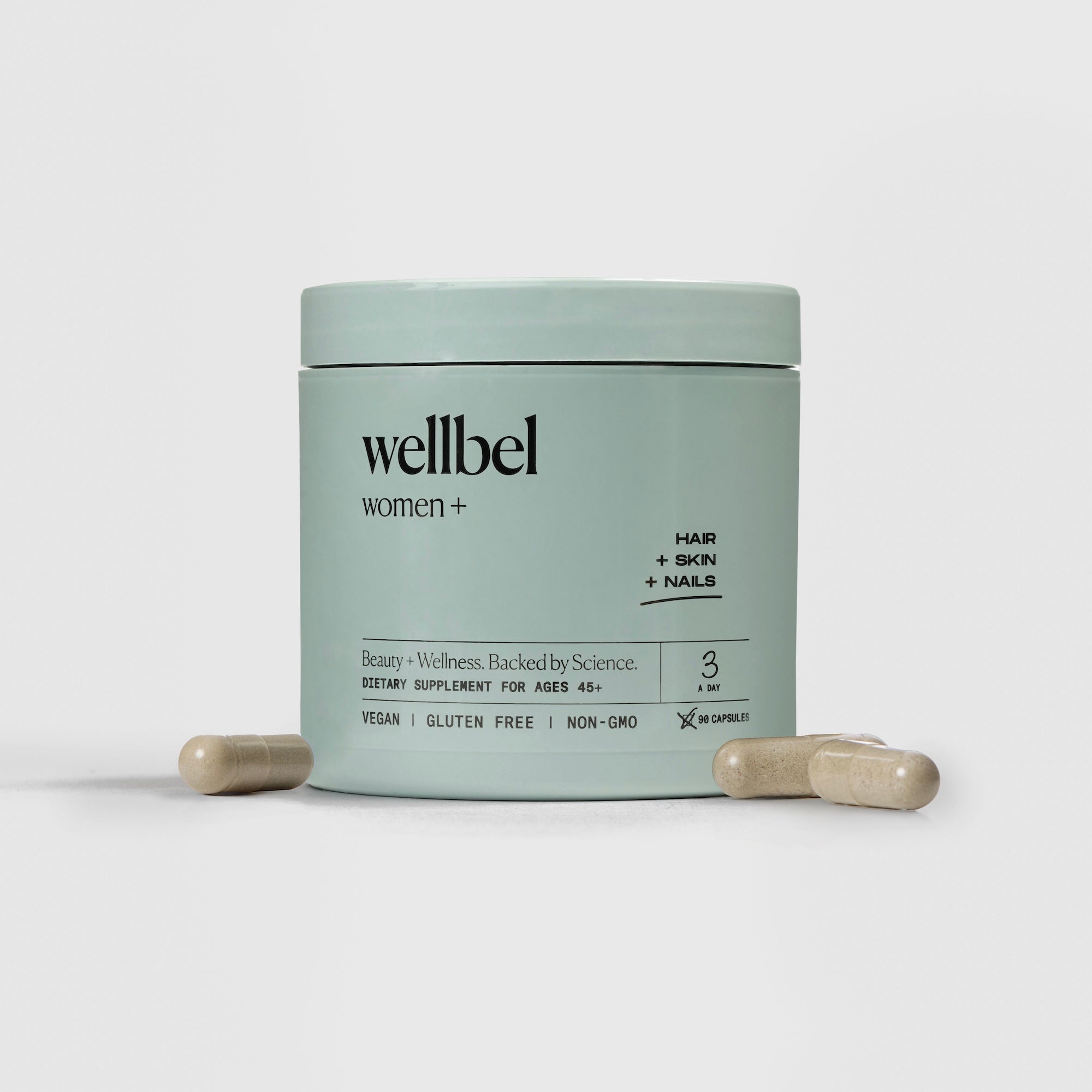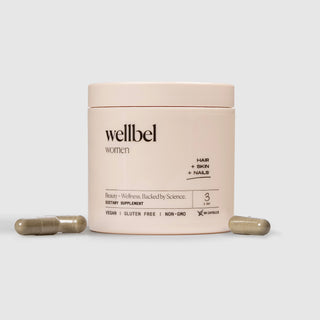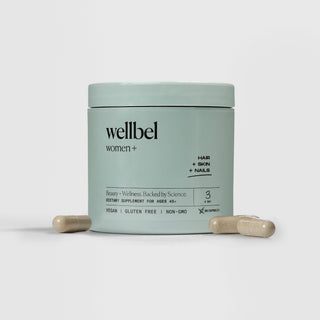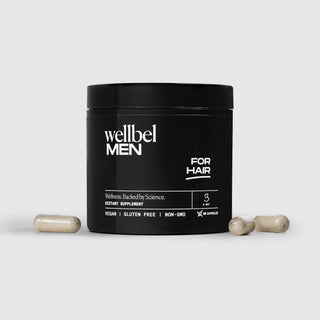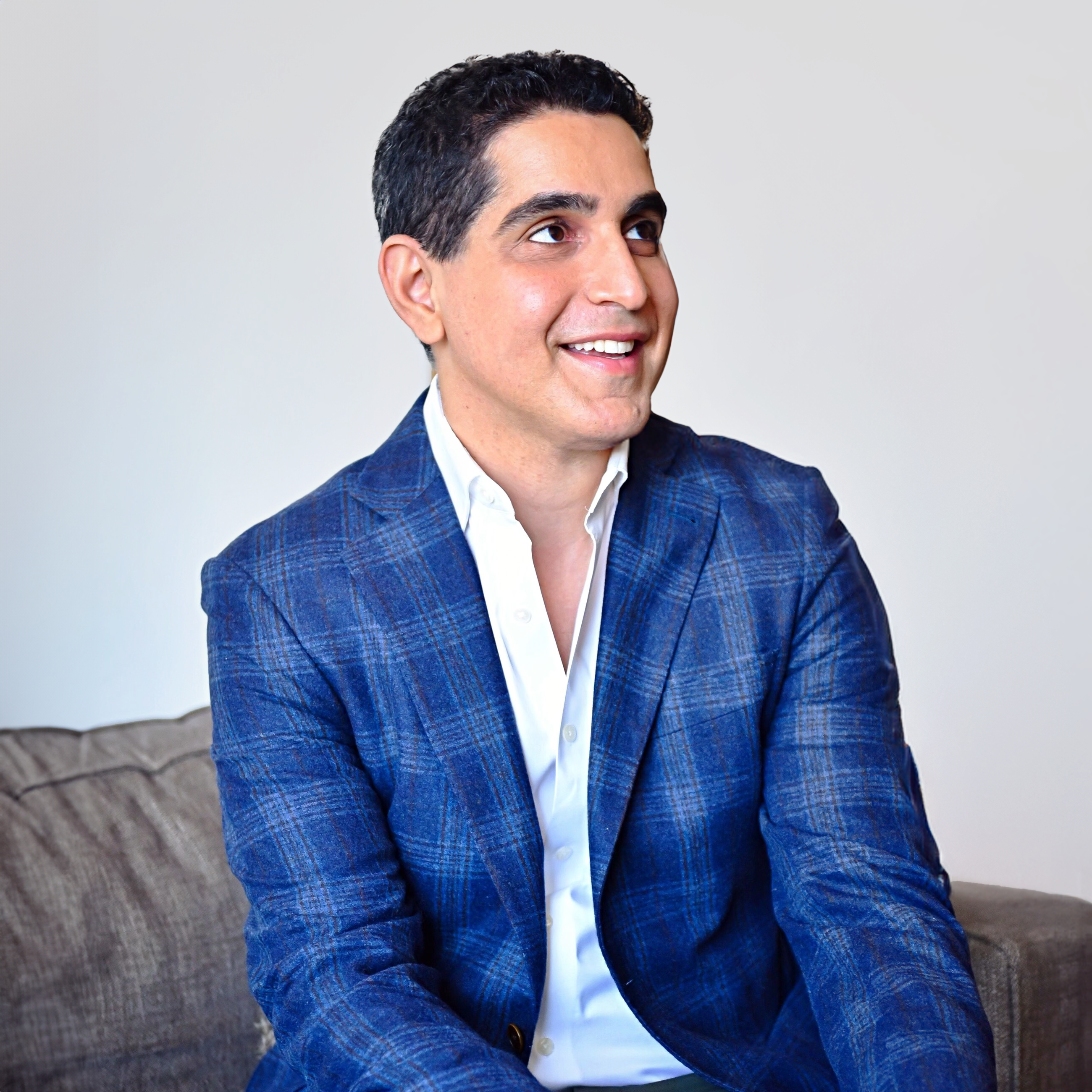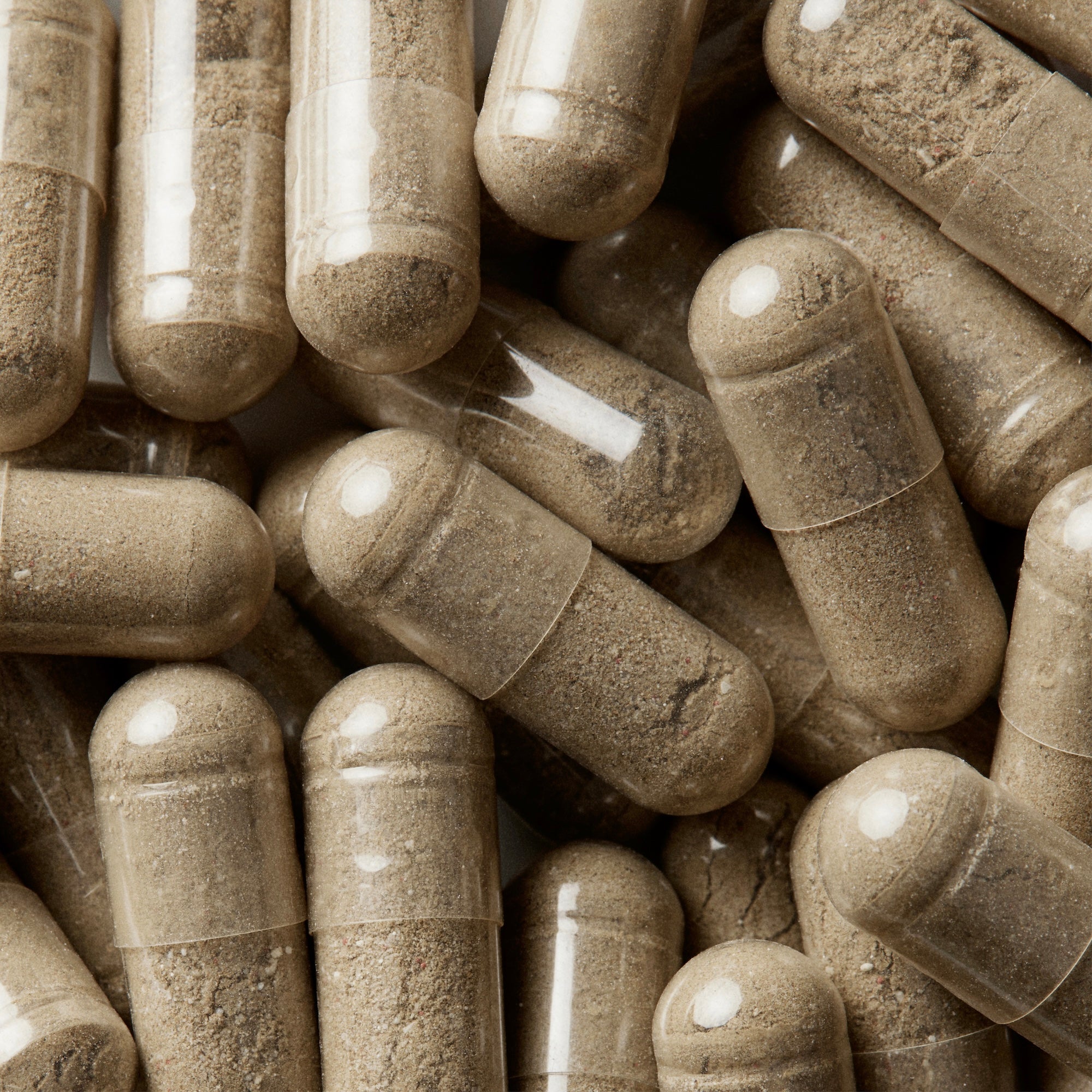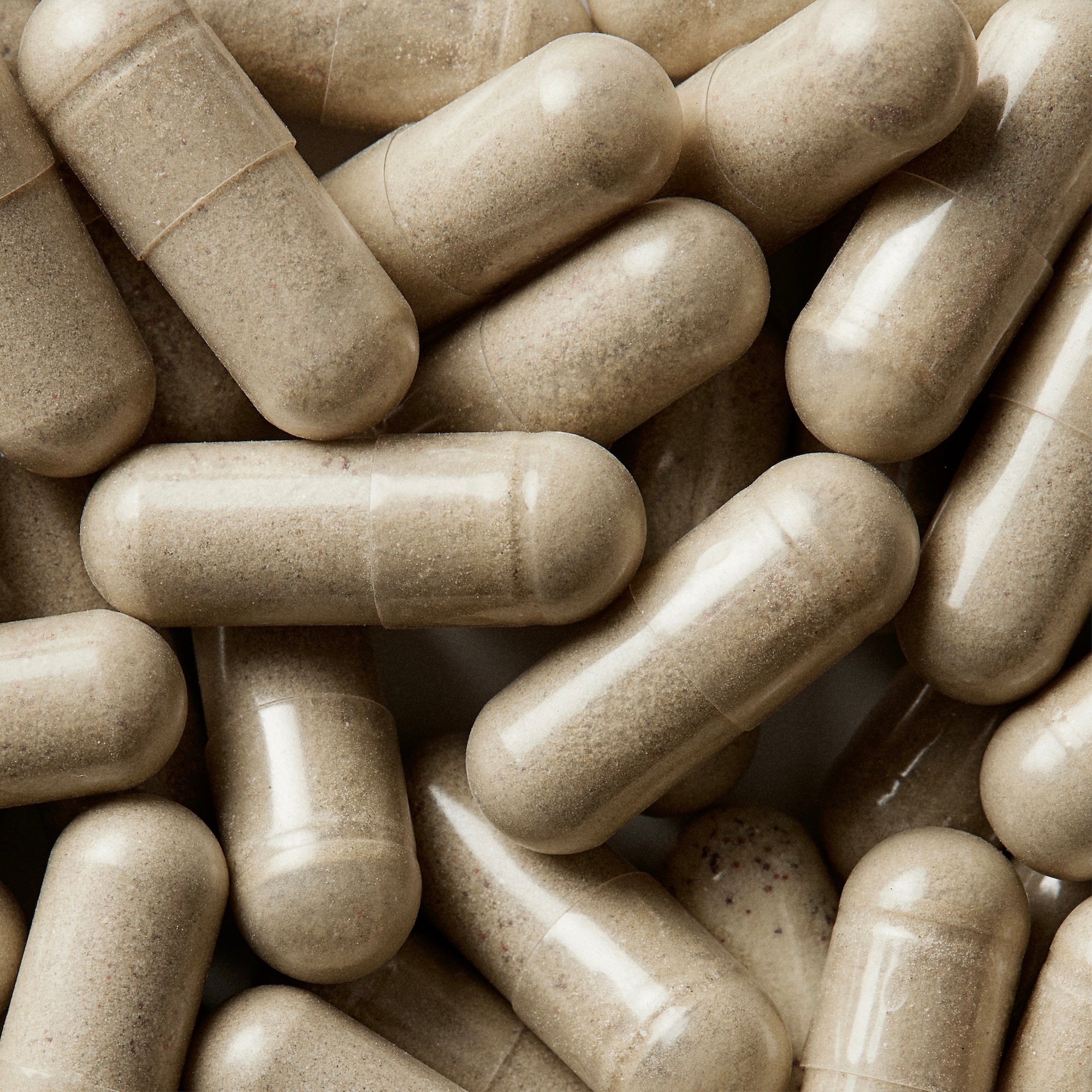Hair health is often a reflection of what’s happening inside our bodies
When hair begins to thin, it’s more than a cosmetic change. It’s usually a sign that something deeper is asking for our attention. For many women, noticing thinning hair can feel disheartening, but it can also remind us to pause, listen, and care for our bodies in new ways. There isn’t just one reason hair thins. From hormones to nutrition to daily stress, multiple factors can influence how your hair grows and sheds. By uncovering these root causes, you can begin to restore balance and encourage stronger, fuller hair. Here are some of the most common reasons women experience thinning hair and what can be done to support it.
1. Hormonal Changes
Fluctuations in estrogen, progesterone, and androgens can disrupt the natural growth cycle of your hair. This is why many women notice thinning after pregnancy, during perimenopause, or with conditions such as polycystic ovarian syndrome (PCOS). When hormones shift, more follicles enter the resting phase, leading to shedding and visible thinning.
2. Nutrient Deficiencies
Your hair depends on a steady supply of vitamins, minerals, and proteins. Deficiencies in iron, vitamin D, B vitamins, and zinc are common contributors to thinning strands. When your body lacks nutrients, it prioritizes vital functions over hair growth, leaving follicles undernourished.
3. Thyroid Imbalances
Both underactive and overactive thyroid conditions affect the growth cycle. Thyroid hormones regulate metabolism and cellular energy. When levels are out of balance, hair growth slows and shedding can increase.
4. Chronic Stress
Stress takes a toll on the entire body, including your hair. Elevated cortisol can trigger telogen effluvium, a condition where a large number of hairs shed at once. This often shows up as overall thinning, especially noticeable along the part line.
5. Genetics
Family history can play a role in female pattern hair loss. Genetics influence how follicles respond to circulating hormones, particularly androgens, leading to gradual follicle miniaturization and reduced density over time.
6. Styling and Heat Damage
Frequent use of hot tools, harsh chemical treatments, and tight hairstyles weaken the hair shaft and strain follicles. Over time, this leads to breakage and contributes to the appearance of thinner hair.
7. Underlying Health Conditions
Autoimmune disorders, scalp inflammation, and certain medications can also cause hair thinning. If you experience sudden or severe shedding, it’s important to seek medical evaluation to uncover the root cause.
Supporting the Root Cause with Wellbel
At Wellbel, we believe in caring for hair the way we care for health as a whole: by nourishing from the inside and supporting from the outside. Wellbel Women and Wellbel Men Supplements provide a thoughtful blend of essential vitamins, minerals, and plant-based nutrients that help restore balance and replenish what your body needs to grow healthy, resilient hair. By addressing internal factors like nutrient gaps and hormonal shifts, our supplements nurture stronger, thicker strands from within. Wellbel Detox Shampoo and Conditioner complete this holistic approach by supporting the scalp environment, replenishing moisture, and strengthening each strand. Together, they create the foundation for shine, softness, and reduced breakage, helping your hair not only look healthier but feel healthier too.
Discover the root cause of your hair thinning and take action today
Explore Wellbel’s complete hair health system and start nourishing your hair from the inside out. Shop now.

